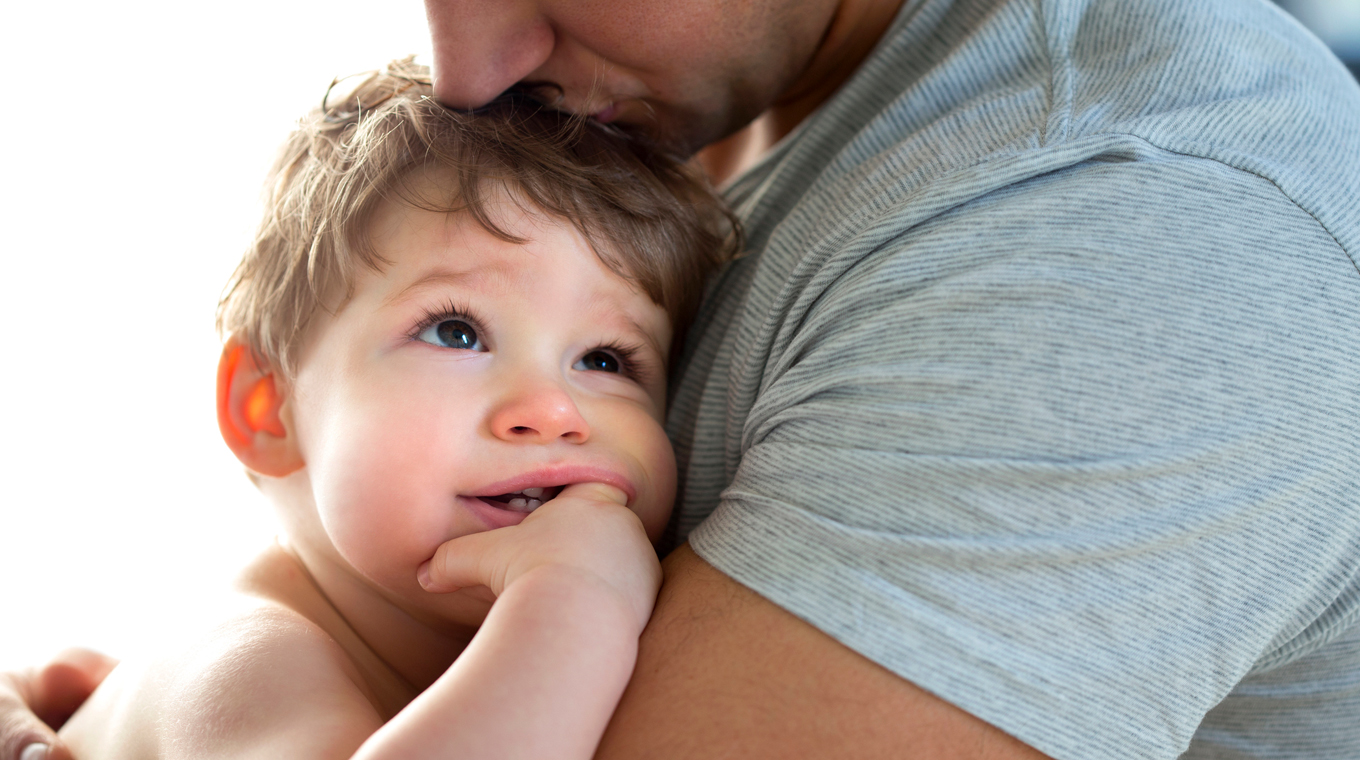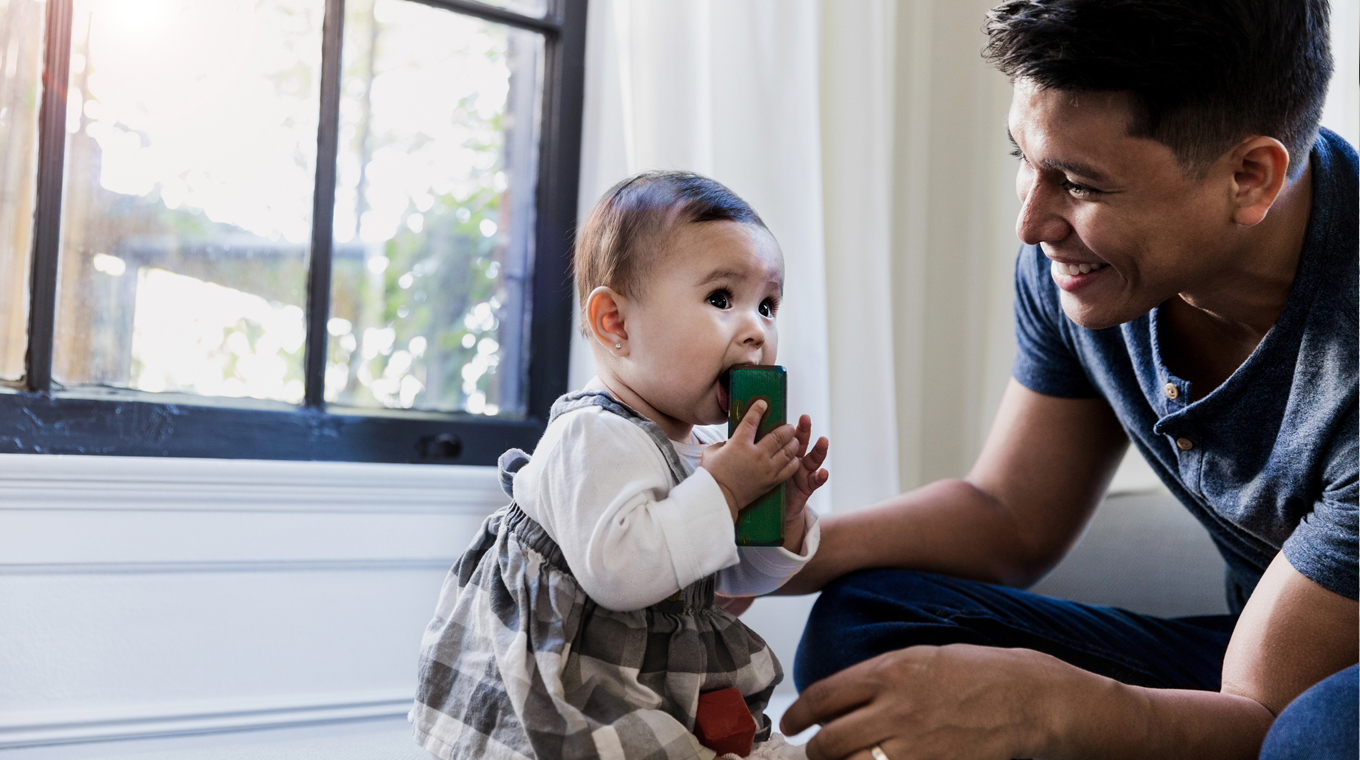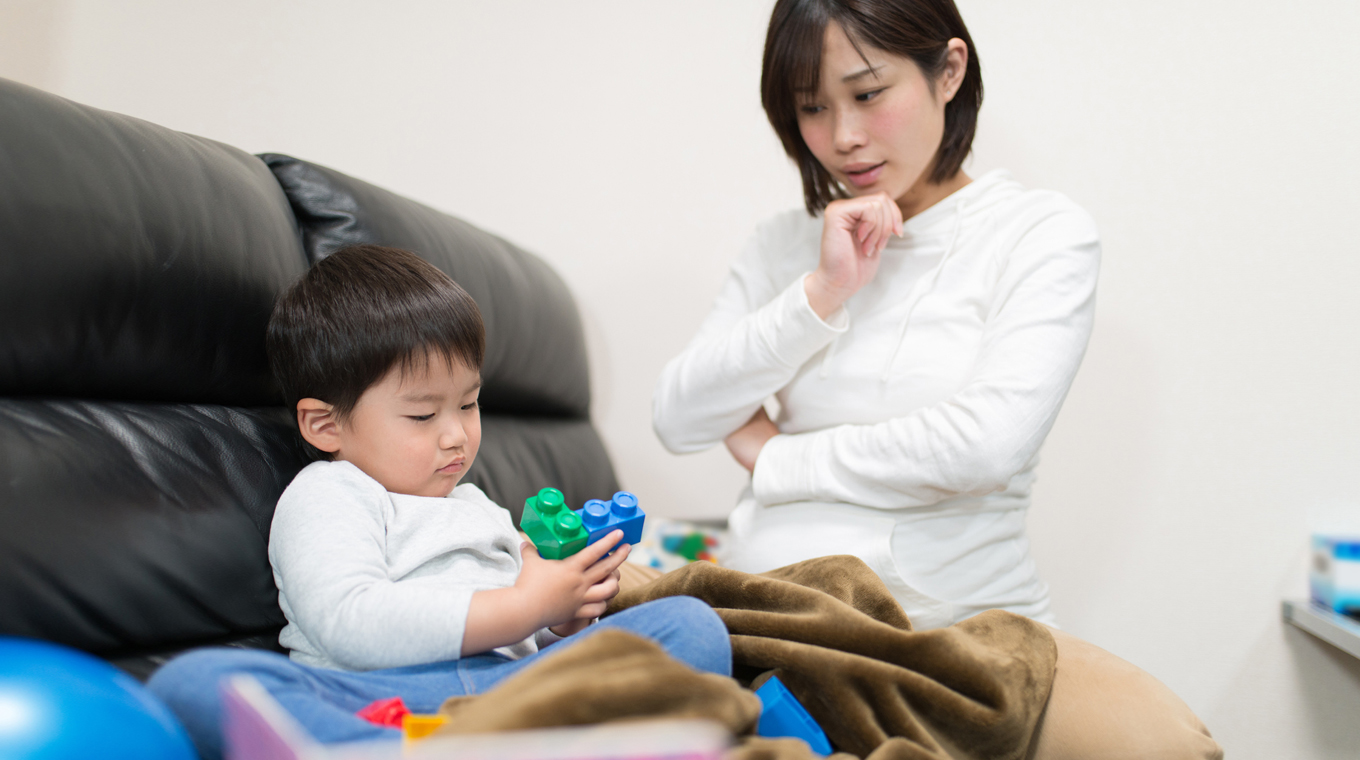IN THIS ARTICLE
Toddlers bite. No, it is not just your toddler, and no, it's not because you haven't shown them how to treat others well. I remember the first time my daughter bit me. It was unexpectedly painful and definitely caused me to question my parenting — how did I allow this behavior to start? But what I eventually realized is that my daughter was just following an instinct.
When you're 2-years-old and another child is waving a toy in your face, somehow it makes complete sense to chomp on his finger as a way to warn him to "back off." And, it's usually effective. I mean, who wants to continue getting bitten? No matter the effectiveness, no mother wants to see their child biting another.
So, how to stop kids from biting? Here are some tips to help your child wrap up this unpleasant phase.
Making sense of it: Why kids bite?

If your toddler has bitten another child, don't worry — it's actually quite normal. “Biting can happen if kids are teething, feeling frustrated about not being able to verbally communicate their feelings or because of a need for more oral or sensory stimulation,” child psychologist Kate Eshleman wrote for the Cleveland Clinic.
Avoid being overly concerned about your child’s new take on communicating. Breaking down the reasons why children bite should help you find ways to resolve the problem. Stanford Children's Health outlines four major reasons for the behavior.
- Experimental biting: When babies are a few months old, they begin putting objects in their mouths and biting those objects to explore what the object is.
- Frustration biting: This type of biting occurs when babies are not getting what they want and they cannot communicate thier needs. For instance, when your toddler desires the toy that big sister is holding.
- Powerless biting: For powerless biting, sometimes this is found in the baby who is the youngest sibling, and he needs to emphasize his presence.
- Stressful biting: Just as your baby may experience frustration and powerlessness, she may also experience stress resulting from being emotionally overwhelmed.
As you make sense of why your child may bite, also be reassured that there are steps to take in order to put a stop to it.
What to do when kids bite

Now that you know biting does not mean that your child is acting out of the norm, there are purposeful ways to react that should help your toddler see how to not do it in the future.
Say “Ouch!”
Your toddler may not understand that what they are doing hurts another, so say “ouch!” to help them understand. Keep your reaction controlled and state “Ouch! No biting.” Be consistent and firm with this reaction.
Avoid only saying “Don’t bite”
Simply telling kids, "Don't bite," isn't likely to resolve the problem. Instead, parents can teach kids how to deal with frustration or how to solve problems without resorting to biting. For kids who are learning to use their words, let them know that they should go to an adult for help.
Help your toddler find their words
Help your children express themselves. Teach them phrasing such as, “No, please stop” or “That’s mine.” Keep the phrasing simple.
Avoid getting upset and avoid reprimanding them
Your toddler is a toddler. He is only just learning how to communicate effectively, and if you get upset, then that may cause them sadness and confusion. Keep calm and control your response and focus on having your child say, “I’m sorry” to the child or adult that was bitten.
Re-direct their attention
If the situation calls for it, help them change their focus.
One mom went viral on TicTok when she shared her gentle no-biting technique. “We don’t bite mama — that hurts. Do you need something to bite?” @lauralove5514 told her toddler girl. This mama allows her toddler to fill her need to bite in a more appropriate way.
Consequences: What is the right approach?

With your toddler being so young, make sure that the consequence of their actions fits their age. Here are some age-appropriate consequences that Kid’s Health shared:
Be consistent
Whether you say, “Ouch” or “We don't bite” or a combination of the two, your response should be consistent so that your toddler understands that what she did was incorrect behavior.
Use positive reinforcement
When your toddler’s reaction ends in biting, reacting negatively reinforces the behavior. Instead, praise him when he does not bite. Praise him for what he does right.
Conduct a brief time-out
The rule of thumb is one minute per age. A short time out may help your toddler realize an error in their behavior.
When to call a doctor? Contact a medical professional if your child's biting becomes worse, and if he continues biting beyond 3 and 4 years old.





